14 states are lowering tax rates in 2024, but what does this actually mean for the individual states and their residents?
Fourteen States
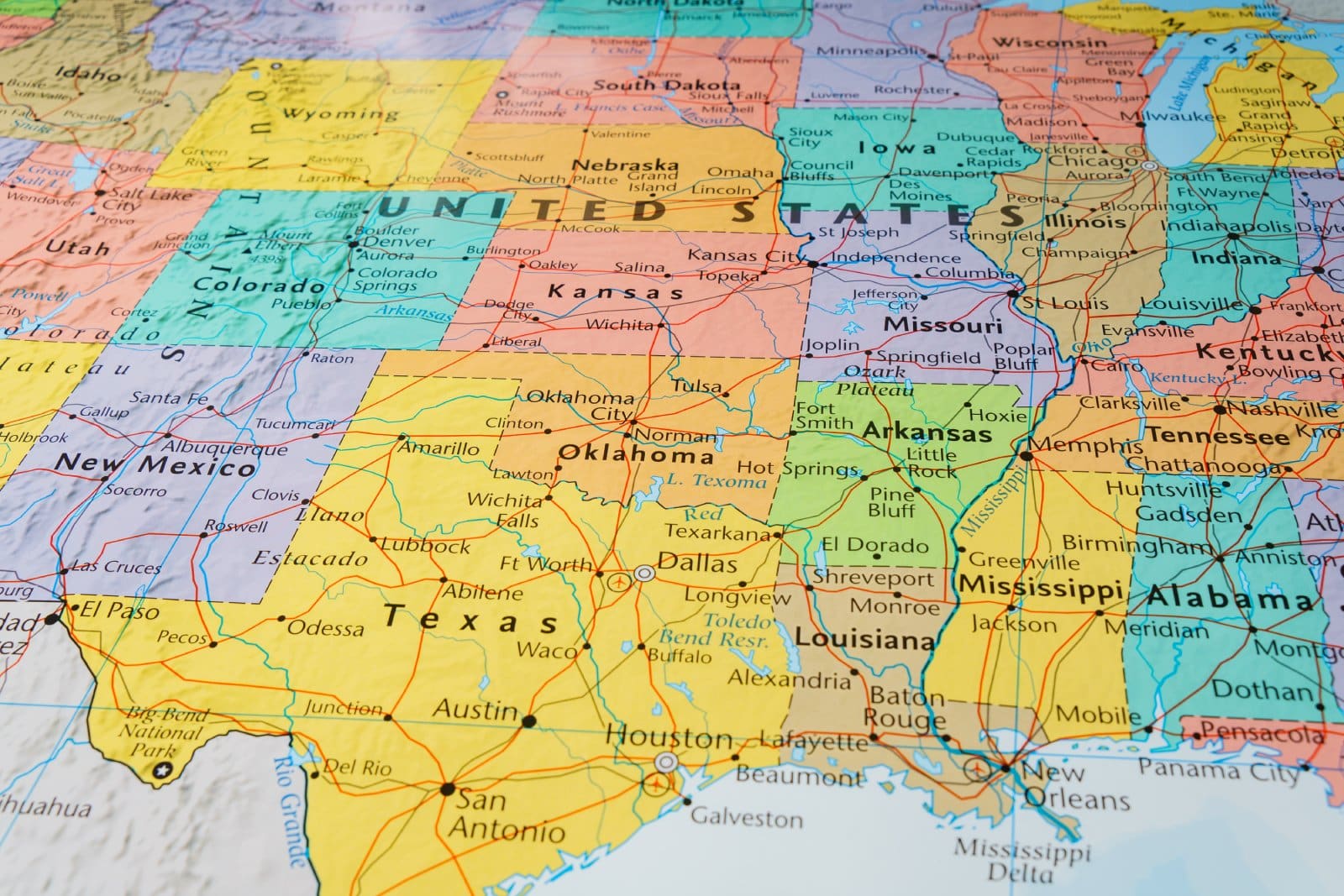
This year 14 U.S. states are rolling out relief for their taxpayers, with plans to reduce individual tax rates for residents.
2024 Tax Plans

These tax plans for 2024 have been unveiled in a new analysis by the Tax Foundation, an independent research think tank that aims to “monitor the tax and spending policies of government agencies.”
Pandemic Trends Continue

They are the next step in a wave of state tax cuts that have been issued since the COVID-19 pandemic when tax revenue was overflowing in many states.
“Tax Cut Fever”

During and after Covid many states introduced tax rebates and reductions to help give further financial relief during the pandemic.
This would become known as “tax cut fever” by the Institute on Taxation and Economic Policy (ITEP).
All 14 States
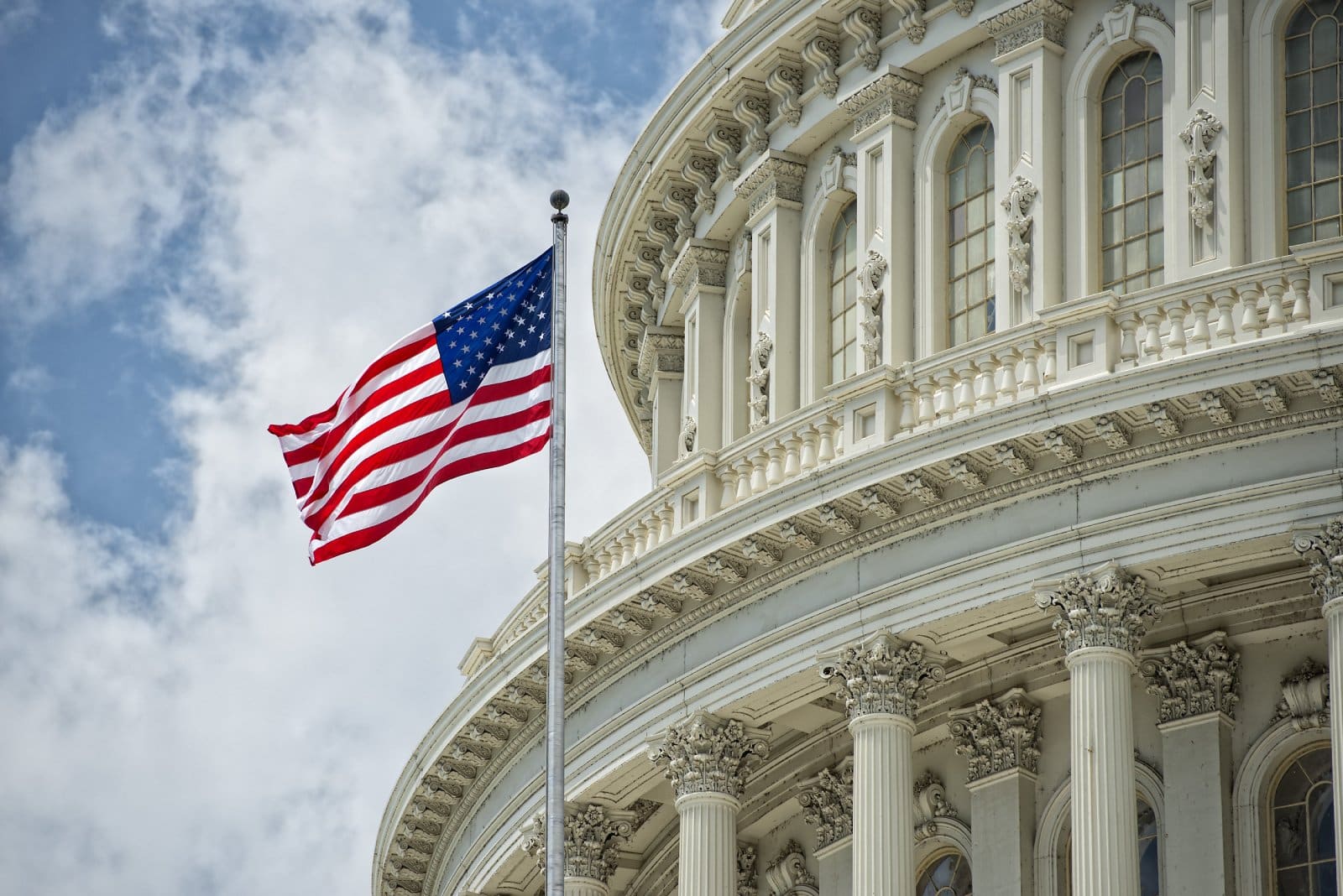
Of the 14 states mentioned, most are Republican-controlled, with a few Democrat states thrown in.
The list includes Arkansas, Connecticut, Georgia, Indiana, Iowa, Kentucky, Mississippi, Missouri, Montana, Nebraska, New Hampshire, North Carolina, Ohio, and South Carolina.
Making States More Competitive?
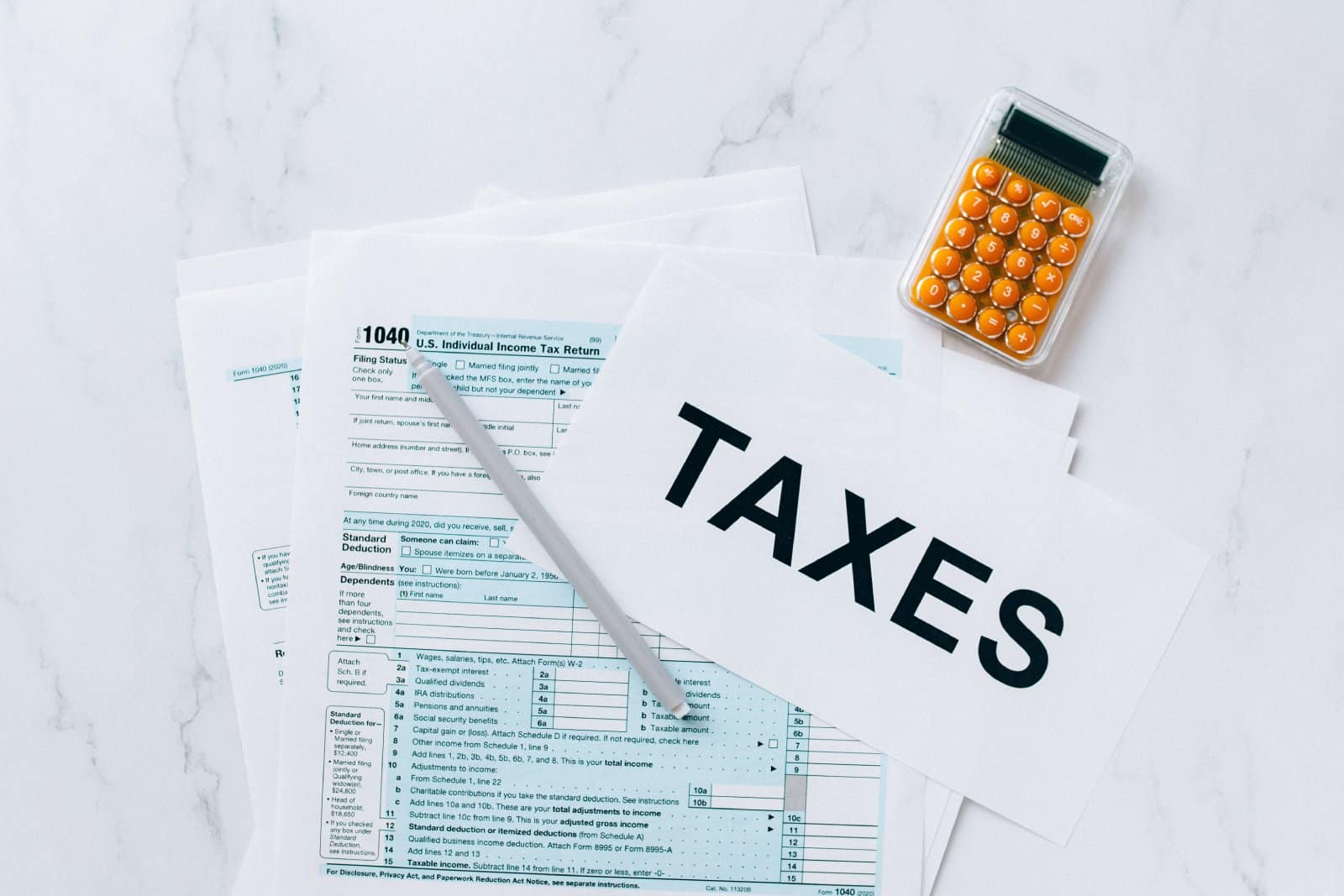
According to the Tax Foundation, these states aren’t just lowering tax rates to help their constituents – they are also doing it to make their state more nationally competitive.
More Business, More Workers

The reasoning is that lower tax rates will attract more businesses and remote workers, according to senior policy analyst Manish Bhatt.
“A Competitive Edge”

“The last few years have been incredibly fast-paced in the world of tax rate cuts, and they are to find a competitive edge over either neighboring states or around the country,” he told CBS.
“Never Been Better”
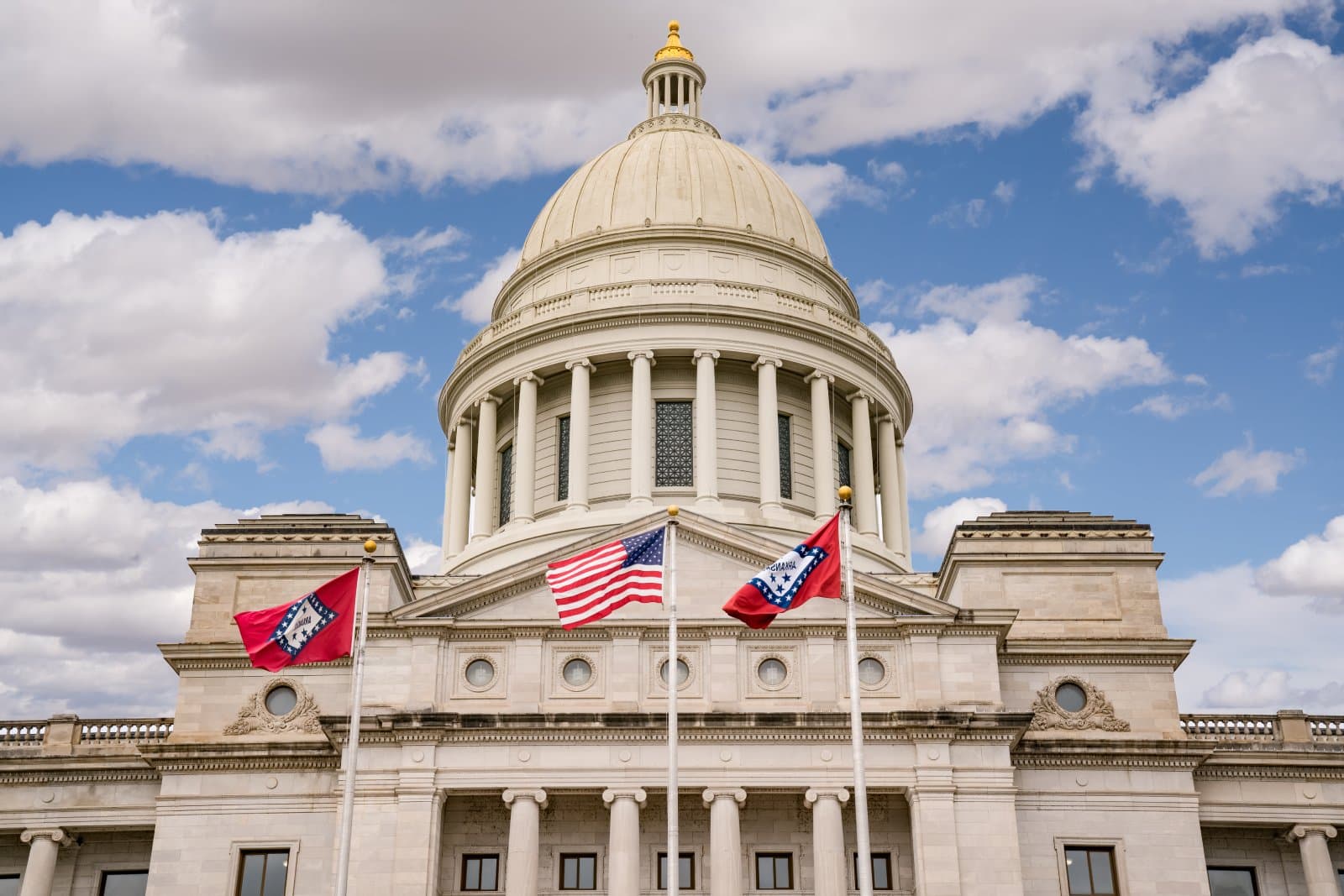
In a report by the Arkansas Advocate, Arkansas Governor Sarah Huckabee Sanders agreed with this notion.
Last year Sanders signed off on lower tax rates for the state, and explained that “[for] a young family looking for a new place to settle down, moving to Arkansas has never been better.”
Results Are Mixed

However, research results are mixed on this topic. While the Tax Foundation has found that many Americans are moving to lower-tax states, evidence is not conclusive on whether they are moving because of taxes or for other circumstantial reasons.
Lots of Reasons

After all, many move states for a variety of reasons that have little to do with tax rates.
Better weather, more amenities, better job opportunities, and being closer to families are just some of the potential influencing factors that draw Americans to new states and cities.
Research Shows “Minimal Impact”

A 2023 research paper from the Center on Budget and Policy Priorities asserted that state taxes have “minimal impact” on interstate moves and that people leaving high-tax states are usually quickly replaced by new residents, signaling consistent migration between high and low-tax states.
Less for Those at the Bottom
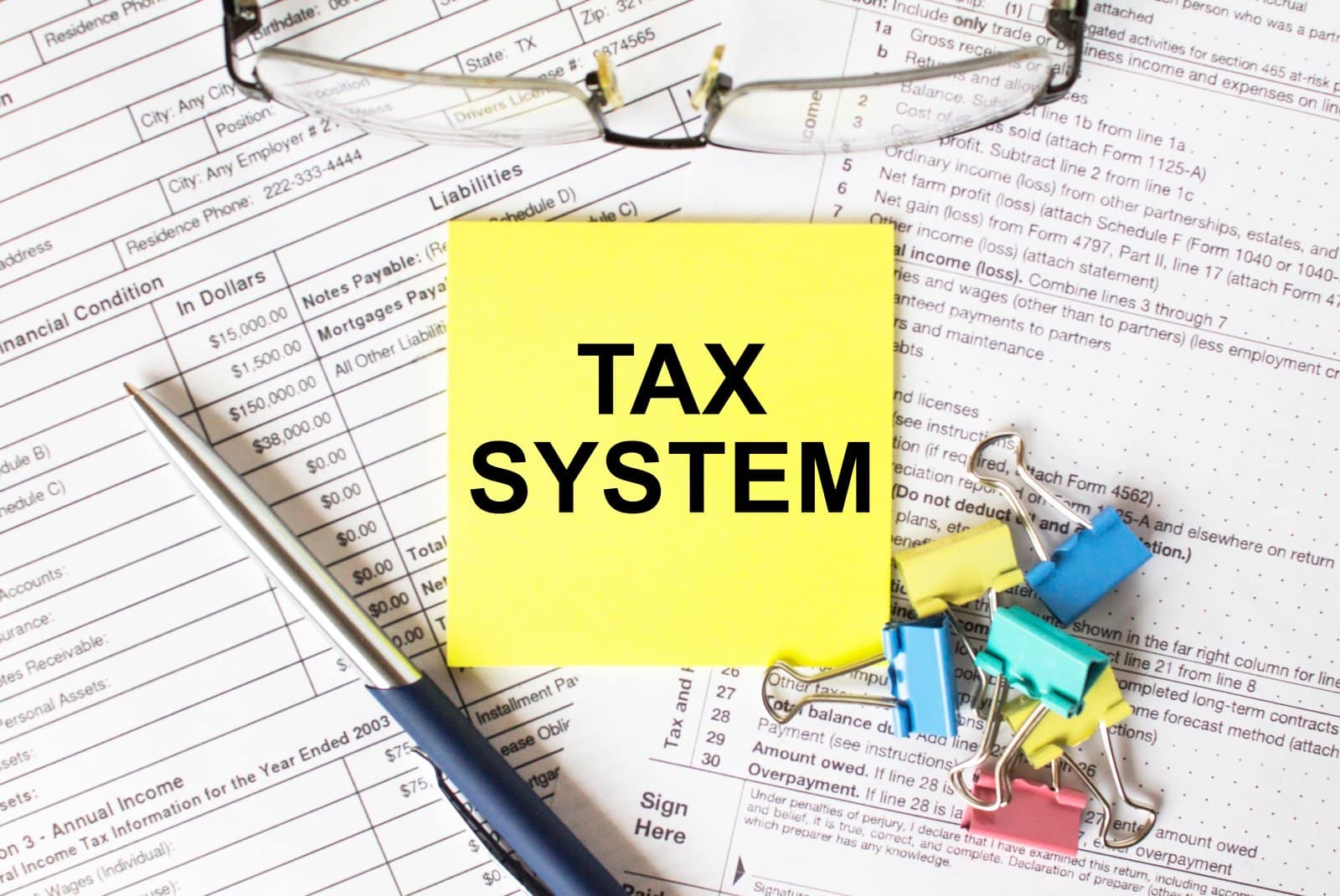
There are also questions about who these tax reductions benefit most. While Sanders touted the lowered rates as a boon for “young families,” the Arkansas tax reductions will do less for low to middle-income families.
More for Those at the Top

That’s because 70% of the benefits from the new top marginal rate of 4.4% (reduced from 4.7%), will be enjoyed by the richest 20% in the state, or those who earn over $264,000 per year.
Top Marginal Tax Rate

And this is not exclusive to Arkansas – of the 14 states lowering their taxes, 12 are cutting their top marginal tax rate, which is the rate most impacts the highest-income earners in these states.
More Concerns Rise

These aren’t the only concerns that have been raised about incoming tax reductions in 2024.
Recession Fears
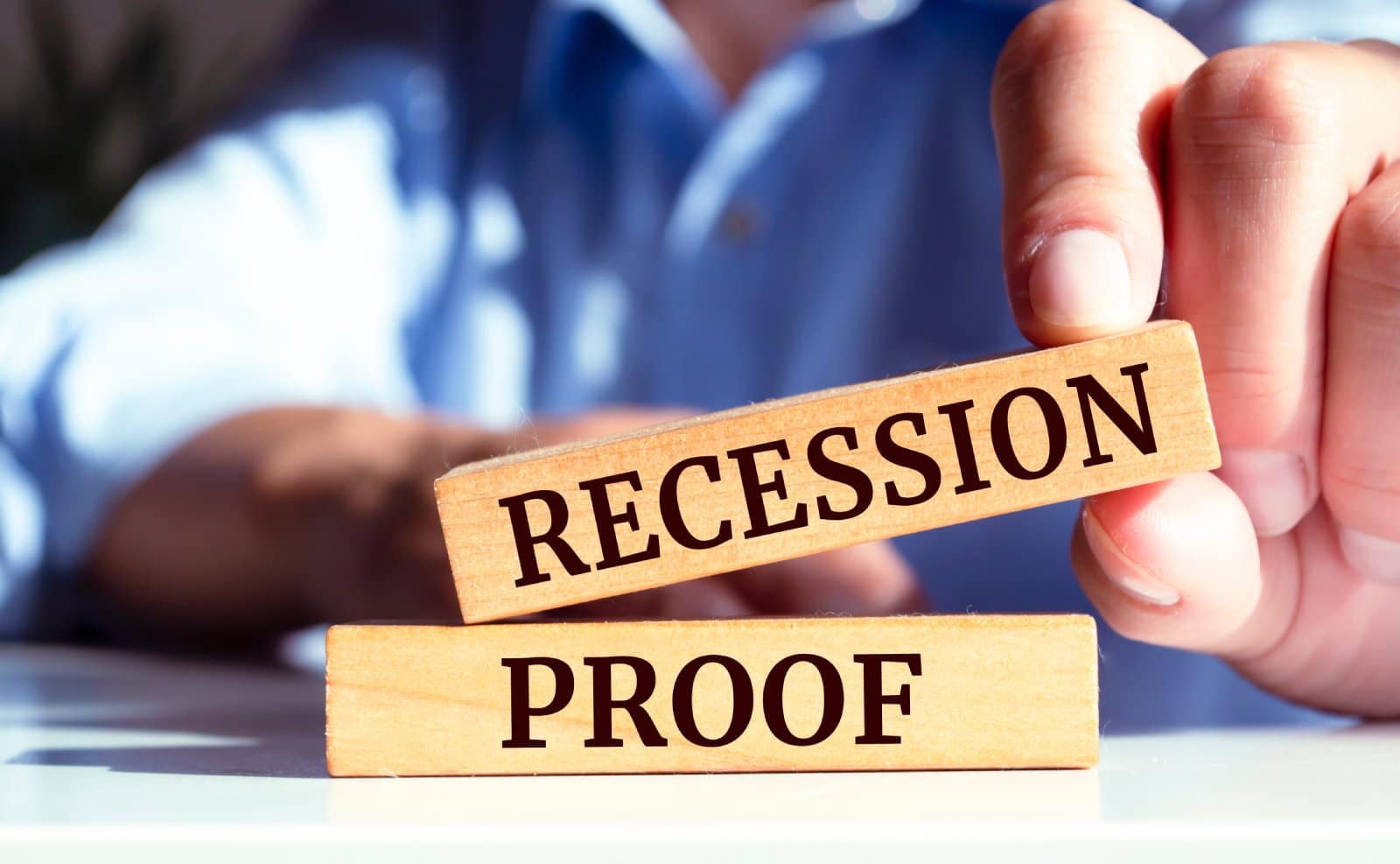
In the long run, these states may run into problems if the economy is hit by a recession.
With less federal tax revenue, they may find that their essential services and infrastructure are seriously impacted.
Callbacks to Kansas

It wouldn’t be the first time, after all. Back in 2012 and 2013 Kansas made enormous tax cuts, reducing income tax rates for high-earning residents by almost 30% and rolling back certain business taxes to 0%.
It Backfired

While Kansas lawmakers promised an economic boost via tax cuts, the opposite happened.
State revenue dropped so low that services like education were severely underfunded and the state’s economy underperformed significantly.
Failure (And Success) Not Guaranteed

As a result of poor performance and backlash, Kansas had to repeal these tax cuts.
While there is no guarantee these 14 states will see similar results, it is understandable that some are concerned by the continuation of “tax cut fever.”
The post Looking for Tax Relief? 14 States Slash Income Taxes in 2024 first appeared on Pulse365.
Featured Image Credit: Shutterstock / 4kclips.
The content of this article is for informational purposes only and does not constitute or replace professional financial advice.

